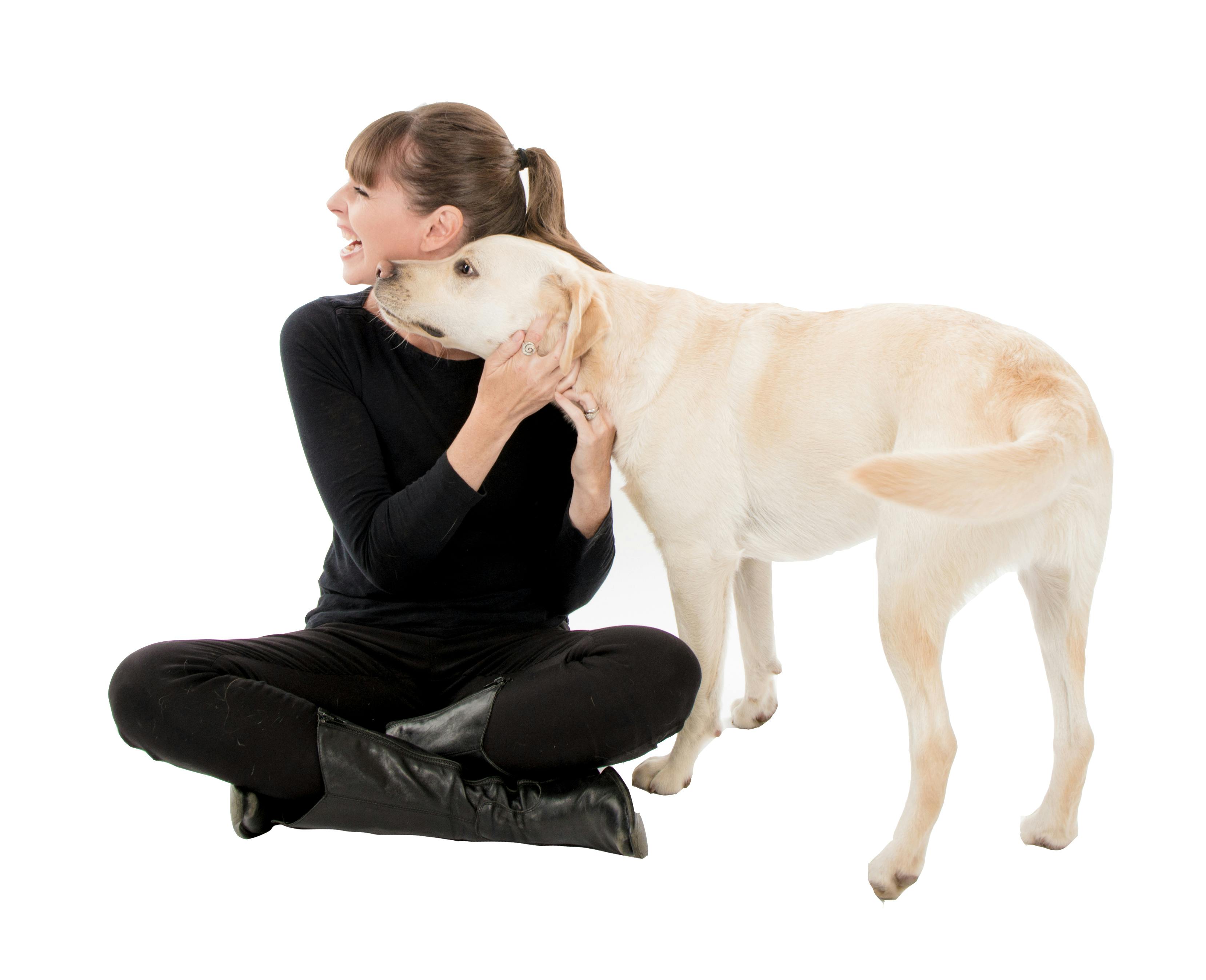Leading Pet Educating Tips for a Well-Behaved Companion
Training your pet dog to be a mannerly friend needs a nuanced understanding of canine habits and the implementation of effective strategies. Essential commands such as "Sit," "Keep," and "Come" function as the structure for good manners, while positive support methods can substantially improve knowing. Developing a regular regular and prioritizing early socializing are important elements that contribute to an unified connection. The trip to a genteel animal includes more than just these basics; it demands a much deeper exploration of techniques that can transform your training technique.
Recognizing Canine Habits
Recognizing canine actions is crucial for effective pet dog training and promoting an unified partnership between pet dogs and their proprietors. Dogs are complicated animals, showing a large range of habits affected by genes, environment, and socialization. Acknowledging the underlying inspirations for a dog's actions-- such as concern, exhilaration, or territorial instincts-- can dramatically enhance training effectiveness.
Observing body movement is a crucial element of recognizing canine actions. Tail placement, ear positioning, and stance can give valuable insights into a pet dog's mood. A wagging tail does not constantly indicate joy; it can additionally indicate frustration or anxiousness. Additionally, social interactions with other dogs and humans play an essential role in shaping actions. Dogs that experience favorable socializing are generally more versatile and genteel.

Vital Educating Commands
Mastering necessary training commands is crucial for establishing efficient interaction in between dogs and their owners. These commands work as the structure for a mannerly dog and can considerably improve the general partnership in between pet and owner.
Trick commands consist of "Sit," "Stay," "Come," "Down," and "Heel." The command "Sit" is commonly the first shown, as it urges calmness and focus. "Keep" reinforces a dog's capability to continue to be in one position, promoting self-discipline. "Come" is crucial for security, ensuring that your dog returns to you when called. "Down" advises your pet to relax, which can aid in handling ecstatic habits. Dog training near me. Finally, "Heel" instructs your dog to walk along with you, cultivating much better leash manners.
Practicing these commands in different environments assists dogs generalise their training and respond suitably, regardless of disturbances. By investing time in showing these important commands, proprietors can cultivate an unified and considerate relationship with their canine companions, boosting both security and satisfaction in day-to-day interactions.
Favorable Reinforcement Strategies
Favorable support techniques are crucial techniques in pet training that concentrate on rewarding preferred behaviors to motivate their reappearance. This approach leverages the all-natural learning processes of pet dogs, allowing them to associate particular actions with favorable outcomes. By utilizing deals with, praise, or play as incentives, trainers can efficiently inspire pet dogs to duplicate the behaviors they intend to enhance.
To apply favorable support, it is critical to provide rewards instantly after the desired behavior takes place. This helps the canine make a clear connection between their action and the reward. Consistency is also vital; rewards should be given every time the desired actions is shown throughout the preliminary training phase, gradually transitioning to a variable schedule as the actions comes to be a lot more trusted.
Understanding your pet dog's preferences can improve the training experience. Inevitably, positive support fosters a trusting partnership between see the pet and owner, making training a much more enjoyable and efficient procedure that builds a mannerly companion.

Socializing Approaches
Effective socialization methods are vital for a pet's development, as they help establish an all-around and positive buddy. Early exposure to different atmospheres, people, and other animals is important to protect against behavior issues in adulthood. Begin this process during the critical socialization period, Web Site which commonly occurs between three and fourteen weeks of age.
Introduce your pup to varied stimulations, such as various surfaces, sounds, and scents. Controlled encounters with various other dogs and friendly people can cultivate positive associations. Puppy classes are an excellent resource, providing structured environments for social interaction and learning standard commands.
Progressively boost the complexity of socialization experiences. Take your canine to parks, pet-friendly shops, and public occasions, making certain each experience declares. Observe your pet dog's reactions and remove them from overwhelming situations to stay clear of fear-based feedbacks.
Make use of positive support to award tranquil and positive actions during social communications. Remember, perseverance is essential; each pet has its own speed for adjusting to new experiences.
Uniformity and Routine
Developing consistency and routine in pet training is vital for promoting a complacency and understanding in your family pet. Dogs flourish on predictability; recognizing what to expect assists them really feel safe and decreases anxiousness. When training, it is essential to utilize the very same commands, gestures, and benefits continually. This uniformity aids in strengthening wanted behaviors and helps your pet dog promptly associate specific actions with specific results.
Incorporating a structured routine right into your training sessions additionally enhances your dog's discovering experience - Dog the original source training near me. Set up day-to-day training sessions at the very same time each day, guaranteeing that both you and your pet dog are mentally prepared. Short, regular training sessions are extra reliable than long, infrequent ones; go for 5 to 10 mins of concentrated training numerous times a day
In addition, consistency ought to extend beyond official training sessions. Include training into daily tasks-- compensate your canine for resting before meals or walking calmly on a leash. This strengthens discovered actions and develops a natural training environment. Overall, a constant technique, paired with a structured routine, lays the foundation for a well-behaved companion, advertising a harmonious connection between you and your canine.
Final Thought
Positive support techniques serve to urge desired habits, while very early socializing prepares canines for varied settings. By emphasizing these essential elements, the bond between proprietor and pet strengthens, eventually leading to an unified and meeting relationship.